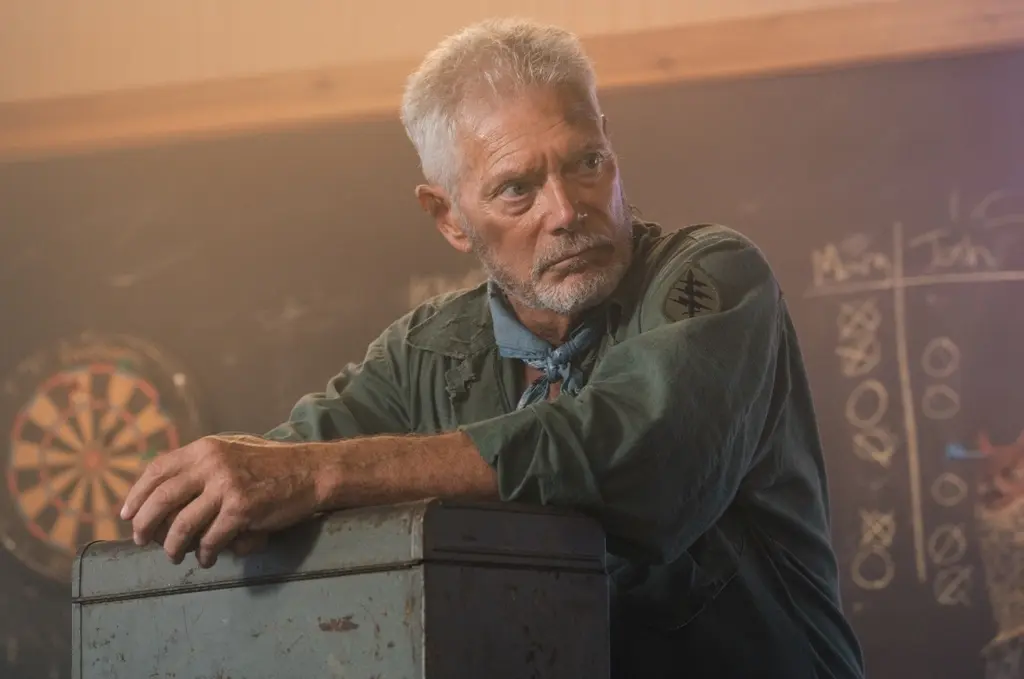One of the smallest of all sub-genres, “movies about movies” are usually packed to the rafters with loads of inside baseball industry jargon (which is not necessarily a bad thing if you’re a film junkie) and generally don’t fare well with the masses.
|Updated:





